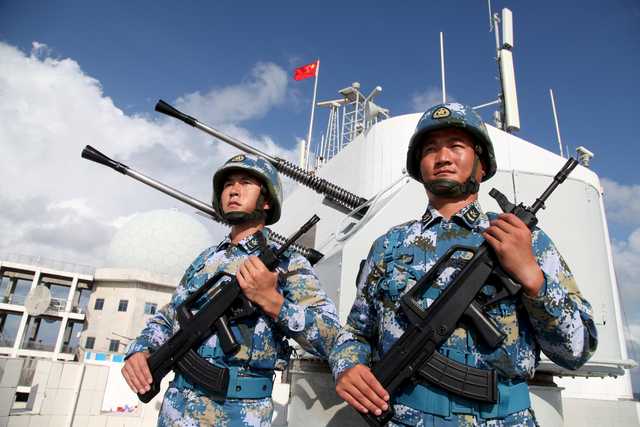
Modi-Xi meeting: India reminds China of NSG aspiration, raises concerns over CPEC
India has conveyed concerns to China over terrorism emanating from Pakistan-occupied Kashmir, the area encompassed by the controversial China-Pakistan Economic Corridor.
In his wide-ranging talks with China’s President Xi Jinping, India’s Prime Minister Narendra Modi raised the issue of terrorism emanating from CPEC, an ambitious trans-border project in which China has invested around $46 billion. The issue was discussed, Vikas Swarup, the spokesperson of India’s external affairs ministry said in response to a question on the issue. He was briefing select Indian journalists in the picturesque Chinese city of Hangzhou, the venue of the G20 summit of the world’s major economies, after wide-ranging talks between the leaders of India and China.
India has protested many a time at the planned CPEC as parts of the proposed corridor that links China’s Xinjiang province with Gwadar port in Pakistan runs through Pakistan-occupied Kashmir, and hence amounts to impinging on the country’s sovereignty. Against this backdrop, Mr Modi impressed upon the Chinese leader the need for “mutual respect for each other’s aspirations, strategic concerns and interests.”









